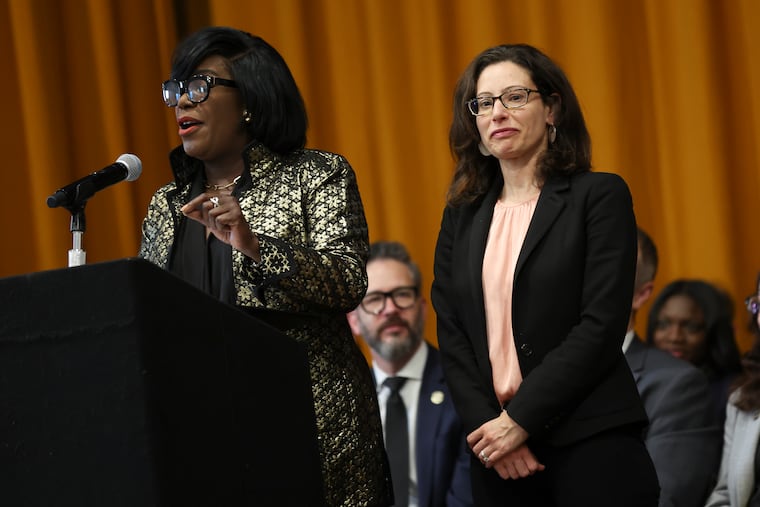Merz Announces Coalition Agreement with SPD After Extended Negotiations in Germany

German conservatives led by Friedrich Merz have forged a coalition agreement with the center-left Social Democrats (SPD) in a strategic effort to bolster economic growth in Europe’s largest economy amidst rising global trade tensions. This recent development comes after Merz’s party secured a notable lead in the February elections; however, they fell short of an outright majority amid a significant surge in support for the far-right Alternative for Germany (AfD).
The urgency for a coalition was intensified by the complexities of a global landscape marked by escalating trade conflicts, particularly those resulting from substantial import tariffs imposed by the United States under the Trump administration. This backdrop of uncertainty contributed to the coalition’s desire to swiftly articulate a comprehensive economic strategy.
In a joint news conference with his coalition partners, Merz directed a message in English to American leaders, presenting a unified front: Germany is firmly committed to revitalizing its economy and enhancing its defense capabilities. He described the coalition agreement as a robust commitment to action that would restore confidence among citizens and European allies, signaling Germany’s readiness to navigate contemporary challenges.
The agreement highlights a strategic emphasis on Germany’s relations with the United States, its primary trading partner, while also advocating for a joint response within the European Union to the ongoing tariff disputes. Merz acknowledged the growing economic uncertainties arising from recent decisions by the U.S. government, portraying the need for cohesive action.
Key components of the coalition’s policies include tax reductions aimed at middle and lower-income citizens, a decrease in corporate tax rates, measures to lower energy costs, and initiatives to support the burgeoning electric vehicle sector. Furthermore, the coalition plans to address long-standing challenges by reconsidering Germany’s constitutional expenditure limits, often labeled the “debt brake,” which some critics argue have hampered economic expansion.
While the coalition has indicated a commitment to a more rigorous stance on migration, including plans to enhance border controls and modify naturalization processes, it has also emphasized the importance of volunteer military service and establishing a national security council. Moreover, the coalition aims to expedite defense procurement and back Ukraine’s aspirations for NATO membership, aligning with broader European security initiatives.
As the CDU prepares to take charge of key ministries, including the economy and foreign affairs, the SPD is set to control finance and defense portfolios. SPD leader Lars Klingbeil is positioned to become finance minister, while current Defense Minister Boris Pistorius is likely to remain in his role.
Before the coalition can commence, it must receive approval from the SPD’s membership and gain endorsement from Merz’s Christian Democratic Union at a convention scheduled for April 28. Upon clearing these procedural hurdles, the newly formed coalition will be positioned to proceed with its agenda, representing a significant opportunity to shape Germany’s political landscape in the foreboding global economic environment.
#PoliticsNews #WorldNews





